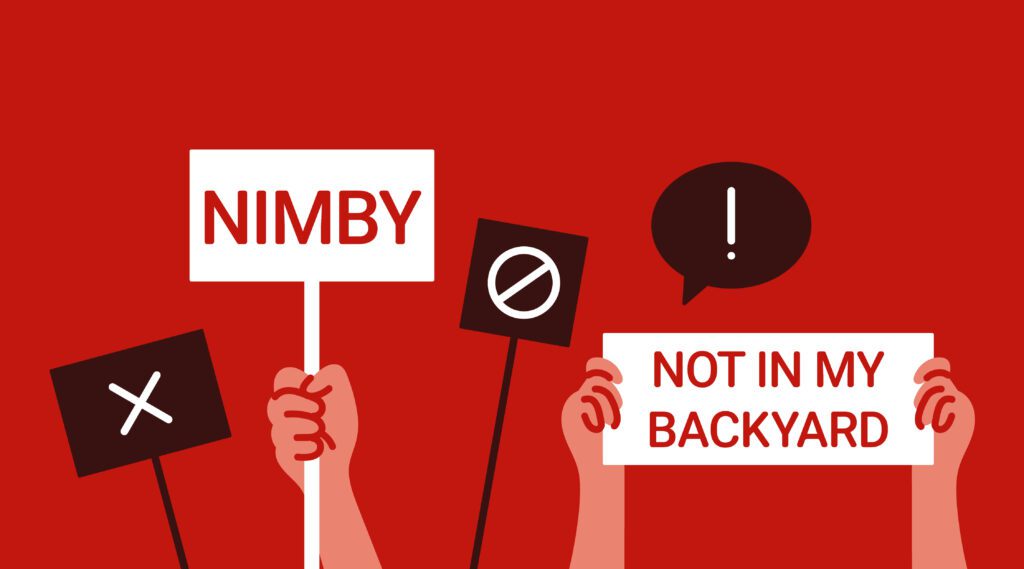I’m not a huge hockey fan. As a kid, I was a failure at both skating and skiing. I played some road hockey, then a little floor hockey in junior high. In the mid 70s, a friend took me to a couple of Leafs games since his father had seasons tickets, but the real problem is that when the NHL expanded in 1968, I just lost interest. Too many teams and too many players for my limited memory, and frankly sports with a lot of players moving around is hard for me to follow – like a swarm of bees. Give me tennis or baseball, or even curling.
Another part of the problem has been that in the GTA, we only have the Leafs, who of course haven’t won the cup since 1967 and who have often been dismal. I’ve had friends who like the Canadiens or the Penguins, but I can’t be bothered.
There is a famous line in Godfather Part 3: “Just when I thought I was out… they pull me back in”. The Leafs were down 3-1 but miraculously started to come back, so I started to show some interest in game 6, and even watched game 7. Only for the inevitable to happen, as sure as Lucy will pull the football away from Charlie Brown when he relents to try again.
But the other obstacle for hockey fans is the price and scarcity of tickets in Toronto. I’ve been to basketball or even lacrosse games at the Scotiabank Arena, as they were affordable. The cost of Leafs tickets, however, is prohibitive for most people – and the Leafs are the only team in a market of nearly 8 million.
The problem, of course, is that the NHL is a monopoly – like most professional sports leagues in North America. Major League Baseball has an anti-trust exemption in the US. The NFL allows teams to move and has a 75 mile “home territory” – but the league has shown greater flexibility in team relocations than the NHL, out of fear that the courts would rule against it.
In the 1970s, the World Hockey League (with the Toronto Toros) could not survive, because pro sports are natural monopolies. In baseball, football and so on, the competing leagues eventually merged. Stadiums are expensive and often require government intervention or subsidies. More to the point, any league that can attract the best talent will end up driving the other league to either merge, fold, or serve as a mere farm system. Athletes can and have formed unions – but even then, the young people being drafted now had no say in setting these rules.
Coincidentally, there was a lawsuit filed in the US in February on behalf of players (not consumers) that accuses the major and minor hockey leagues of violating US anti-trust laws:
“The NHL and Canada’s major-junior hockey leagues were hit Wednesday with a class-action lawsuit alleging they operate a cartel that violates U.S. antitrust law, suppresses competition and keeps players locked in an exploitative system that pays them poverty wages in exchange for a dream of playing in the pros.
The suit, filed in U.S. federal court in the Southern District of New York, alleges that the OHL, WHL, QMJHL and their respective teams and owners, which together comprise the CHL, restrict competition for 16-to 20-year-old players and treat them as property to be traded without their meaningful consent. The NHL is named as a co-conspirator…
In unsparing language, the suit outlines the extraordinary economic imbalance faced by players who hope to pursue a professional career, noting that the defendants include “more than 146 clubs – virtually the entire North American ice hockey industry.” It adds that “each player – in some cases children as young as 14 years old – faces that unified economic power wholly on his own.”
This lawsuit, if successful, might help young hockey players in Canada too – and my sympathies are certainly with the players. But given that there is no market in the US where there is the same lack of hockey teams as in the Golden Horseshoe, a lawsuit on behalf of consumers in the US against the NHL is unlikely. It would take a successful claim against the NFL or NBA before the NHL would be forced to change.

Many experts and politicians now believe Canada needs stronger laws on competition. But since the 1980s, neoliberal ideology saw governments and the courts move away from enforcing anti-trust laws – particularly in the US, where is also growing concern over lack of competition (especially over cell phones, airlines and grocery stores).
There have been a number of good books on neoliberalism lately, such as Gary Gerstle’s “The Rise and Fall of the Neoliberal Order”, but even better is David Leonhardt’s “Ours was the Shining Future”. Leonhardt explains that while there were laws to break up monopolies or oligopolies dating back to the 1890s, Robert Bork was the man behind gutting anti-trust law – and not just in the US. Bork was very influential in writing the neoliberal legal theory that justified moving away from enforcement and towards accepting a lack of competition, except in limited circumstances.
But this is Canada – the NHL cannot exist without Canada as its foundation. Yet, our own laws on competition are very weak. For some reason, our Competition Bureau seems not to care about consumers in Toronto/GTA who have just one NHL team. They also do not seem bothered by the fact that Hamilton, Quebec City, and so on are denied teams by a combination of the direct power of the NHL and the potential costs that any new or relocating team might have to pay.
Maple Leaf Sports & Entertainment (MLSE) owns most of the major professional sports teams in Toronto, except the Blue Jays. Meanwhile, the NHL under Commissioner Gary Bettman has always seemed intent on building up the league in the US Sunbelt and ignoring Canada.
In 2008, in response to Jim Balsillie wanting to buy a team and relocate it to Canada (which the NHL would not allow), our Competition Bureau looked into whether “the NHL’s policies regarding transfers of ownership and relocation of franchises constituted an anticompetitive practice.”
The result was:
“The NHL’s actions and policies were reviewed under the abuse of dominance provisions of the Competition Act. The Bureau found no evidence that the NHL engaged in any anticompetitive acts. The Bureau concluded that the policies implemented by the NHL regarding transfers of ownership and relocations of teams serve to further legitimate business interests, such as preserving team rivalries, attracting a broader audience, and encouraging investment in sports facilities by local municipalities.”
What? Maybe these guys never tried to buy a Leafs ticket in Toronto. Aren’t they supposed to see things from the consumer’s point of view?
The NHL has the arbitrary power to decide both which markets get a team (and which don’t), and which person or group can buy a team (and who will be refused) – with no appeal or justice. It reminds me of the “Soup Nazi” episode of Seinfeld where without substantive cause customers are banished and told “No soup for you!”.
Instead of hoping the Competition Bureau will change its mind some day, the Canadian federal government could and should pass a law specific to professional sports – mainly to look out for consumers, but also for potential investors like Jim Balsillie. Any professional sports league with 3 teams or more in Canada should be automatically covered to prevent anti-competitive behaviour – and in particular, teams should be free to locate wherever they want without paying any compensation to other teams.
We will have a federal election within the next 18 months. Canadians should be asking the party leaders and candidates about the lack of competition and the need to reform our laws. Southern Ontario will certainly be a key battleground, and it looks like even in Toronto the Liberals are likely to lose a lot of seats.
All content on this website is copyrighted, and cannot be republished or reproduced without permission.
Share this article!




The truth does not fear investigation.
You can help support Dominion Review!
Dominion Review is entirely funded by readers. I am proud to publish hard-hitting columns and in-depth journalism with no paywall, no government grants, and no deference to political correctness and prevailing orthodoxies. If you appreciate this publication and want to help it grow and provide novel and dissenting perspectives to more Canadians, consider subscribing on Patreon for $5/month.
- Riley Donovan, editor